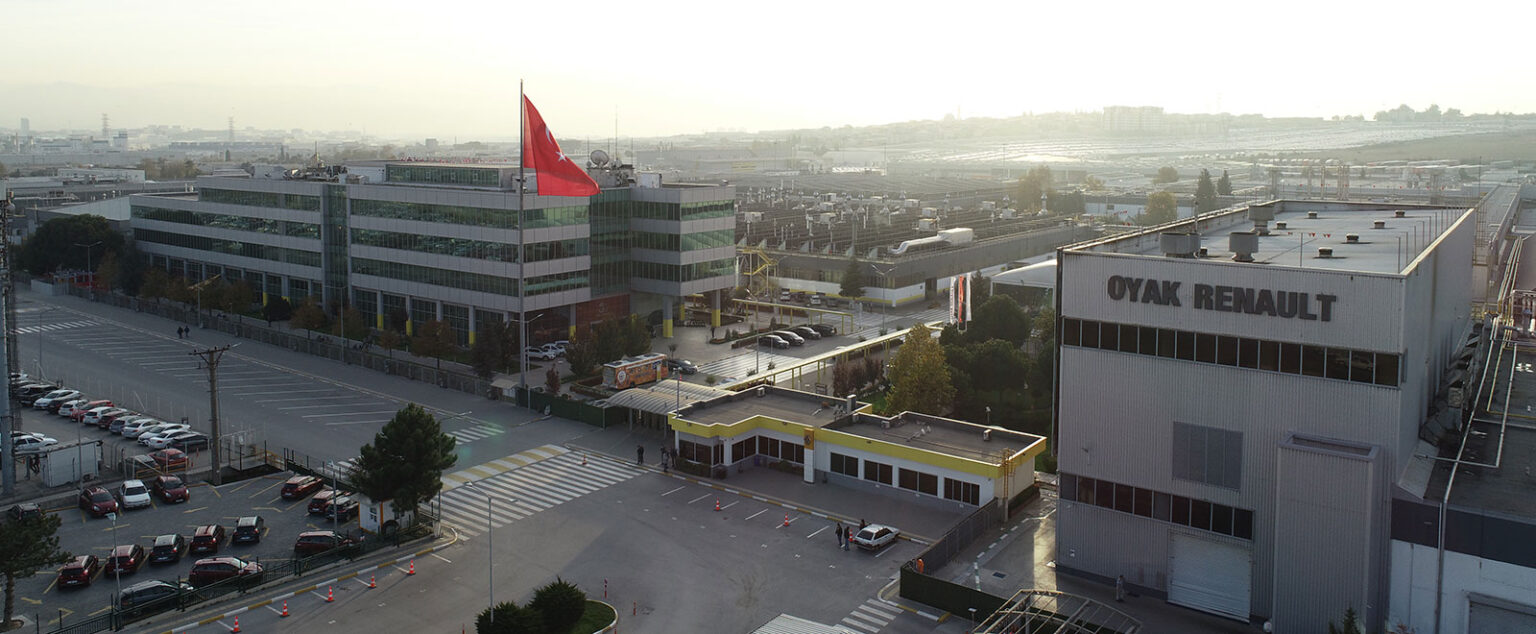Renault’s Turkish business

Renault transforms the plant in Turkey managed in joint venture with the local Oyak into its hub for cars destined for North Africa and the Middle East, with internal combustion engines
Renault looks to Turkey for its Middle Eastern hub and North Africa. Losanga will invest 400 million euros in its Bursa plant for the production of non-European cars, from the Turkish to the Maghreb market.
WHAT WILL RENAULT DO IN Türkiye
The sum invested is modest as, in all likelihood, it will be cars powered by "old" internal combustion engines, given that the destination countries have not undertaken the same race towards electric that is characterizing the automotive world of the Old continent. So there is no restyling of the factory involved.
And the plant will be one of the first of the new Horse division, launched in partnership with the Chinese Geely which will allow the French company to continue producing internal combustion engines in non-EU markets, while activities on the Old Continent will pass entirely to Ampere.
THE TURKISH ROADMAP
Returning to Bursa, according to the French plans, the plant will churn out four new cars derived from models of the Romanian subsidiary Dacia (Duster, Bigster and C-Neo)
According to previews from the French press, the first will be the Duster, modified to be more competitive on the new target markets. In 2025 it will be the turn of a sister SUV to the Bigster (nicknamed "maxi Dacia") while the following year Renault will also put a three-volume sedan into production in Turkey, designed for the Middle Eastern and North African markets.
In 2027 it will be the turn of an SUV-coupé, again closely related to the Dacia Bigster. All new models will be built on the basis of the CMF-B platform, already used for the current Clio produced in Bursa.
THE SYSTEM
Built in 1969, the Bursa factory is currently managed by a joint venture with the Turkish Oyak group (the shares are: 51% for Renault and the remaining 49% in the hands of the local company). At its full potential, we read on the website, it is capable of churning out around 400 thousand cars a year.
But in recent times the Turkish plant has been used well below its capacity, looking through the data we discover that last year around 200 thousand Renault Clios left Bursa, mostly destined for the European market and 40 thousand Mégane in sedan version. It currently employs 6,258 people.
The news of Renault's investment in Turkey at least partially compensates for the great disappointment due to the fact that the car battery factory on tap in partnership between the local giant Koç Holding – linked to the family of the same name, one of the wealthiest in the country which in the automotive world had done business above all with our own Fiat – the American Ford and the South Korean LG Energy Solution of batteries on the outskirts of Ankara which had electrified the President of Turkey Recep Tayyip Erdoğan ( who is pushing for the country to be among the protagonists of the ecological transition underway ) will not happen. At least not now. The Blue Oval has in fact preferred to review its plans given the current slowdown in demand for electric cars.
THE REBALANCING OF THE ALLIANCE THROUGH ACTIONS
Meanwhile, returning to Renault, Losanga has begun to sell 211 million shares of the Yokohama company, equal to approximately 5% of the capital that will be acquired by Nissan itself as part of the crucial rebalancing for the renewal of the Franco-Japanese Alliance . The sale will be made at a price of 568.5 yen and will bring Renault proceeds of 765 million euros.
This is a machine translation from Italian language of a post published on Start Magazine at the URL https://www.startmag.it/smartcity/gli-affari-turchi-di-renault/ on Fri, 15 Dec 2023 06:48:21 +0000.
